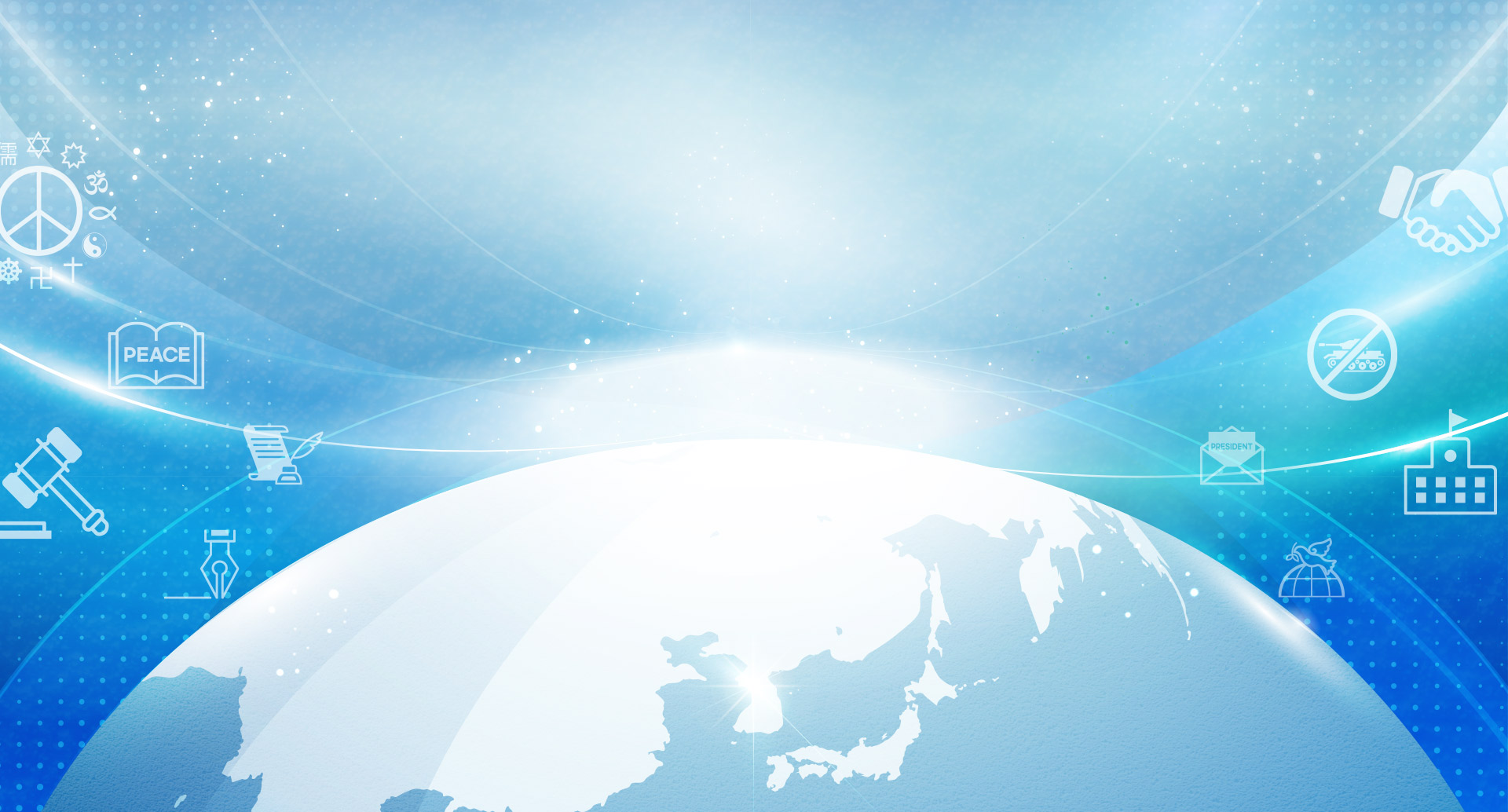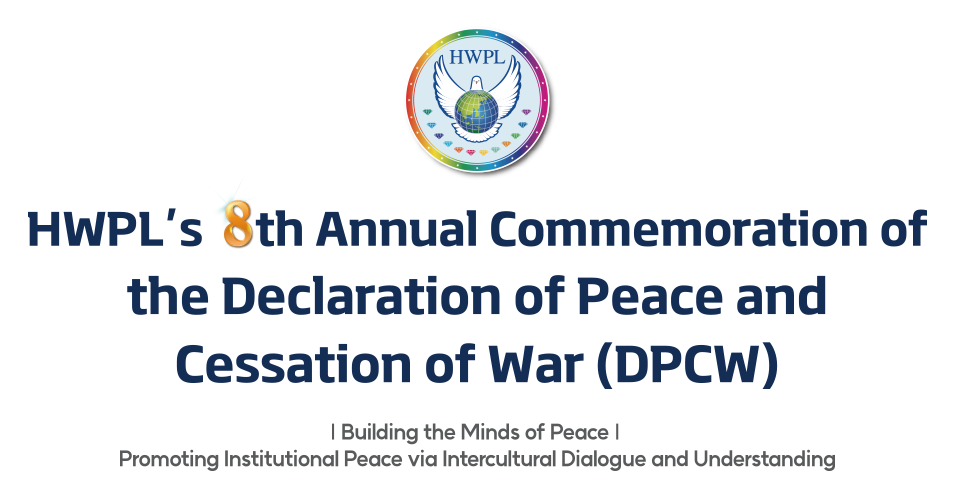14 March 2024 14:00(KST)
South Korea
ABOUT
HWPL’s 8th Annual Commemoration of the Declaration of Peace and Cessation of War (DPCW) will be held in South Korea on 14 March 2024. In this event, global citizens embodying the spirit of peace will closely engage in communication and exchange with the theme of intercultural dialogue and understanding, and will seek solutions to establish institutional peace on this earth.
PROGRAM
| 14:00 | Opening
Congratulatory Messages Speech. Promoting Cultural Dialogue through Interreligious Scripture Study Speech. Global Cooperation to Institutionalize Peace Education Commemorative Address General Director of International Peace Youth Group (IPYG) Chairwoman of International Women’s Peace Group (IWPG) Chairman of Heavenly Culture, World Peace, Restoration of Light (HWPL) Closing |
CONGRATULATORY MESSAGES
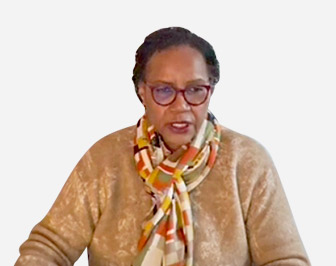
Ana Maria de Oliveira
Ambassador of Permanent Delegation of Angola to UNESCO
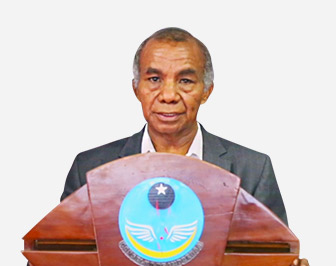
Otelio Ote
The president of Timor Leste Press Council
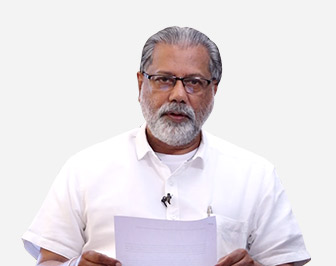
Vidura Wickramanayaka
Minister of Ministry of Buddhasasana, Religious and Cultural Affairs
SPEAKERS
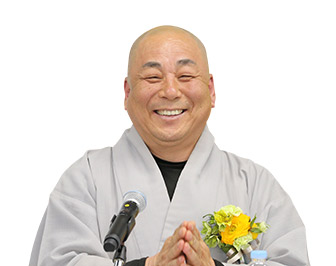
Beop-san
General Secretary of Jogye Order, Dae-gak Bhuddism
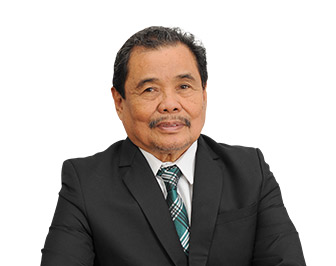
Mohagher M. Iqbal
Minister of Ministry of Basic and Higher Education in Bangsamoro Autonomous Region of Muslim Mindanao
“Current international law cannot prevent war. The DPCW was introduced to renew the inoperative international law to eliminate war. Now is the time to achieve peace. Just as people learn when they have to create (something), peace must be taught at home and at school to create peace. If people’s hearts change, a better world will be created. Let everyone in the global village become messengers of peace.”
From HWPL Chairman Man Hee Lee’s Speech at the 7th Annual Commemoration of the DPCW


